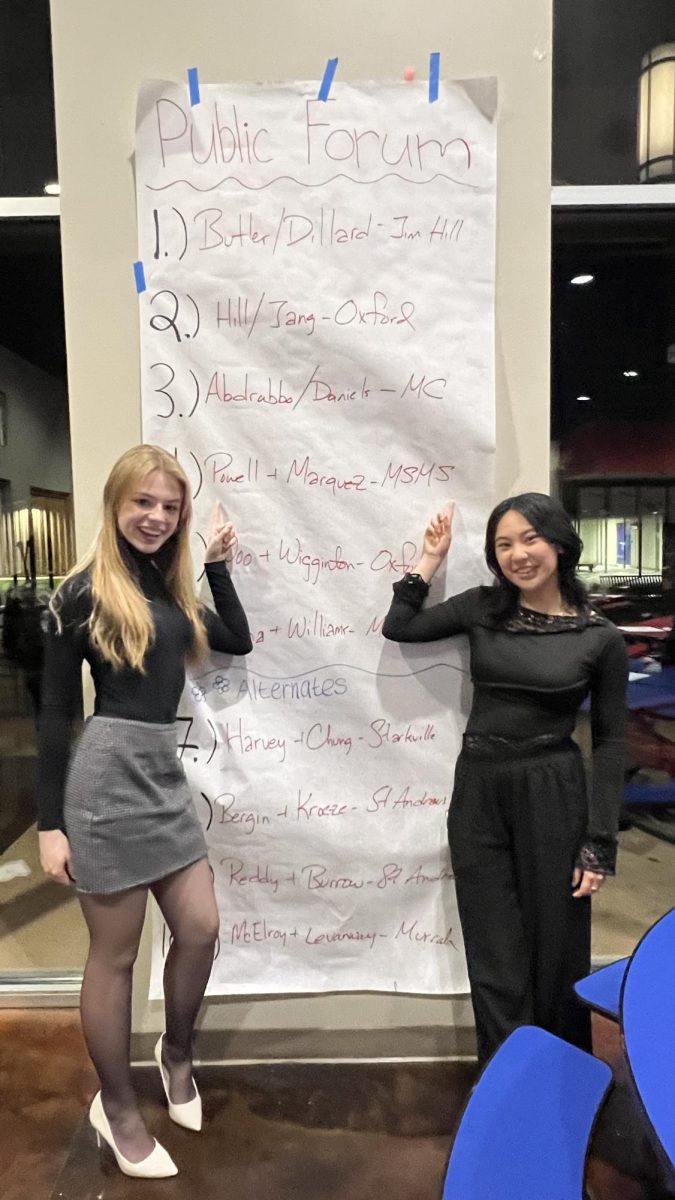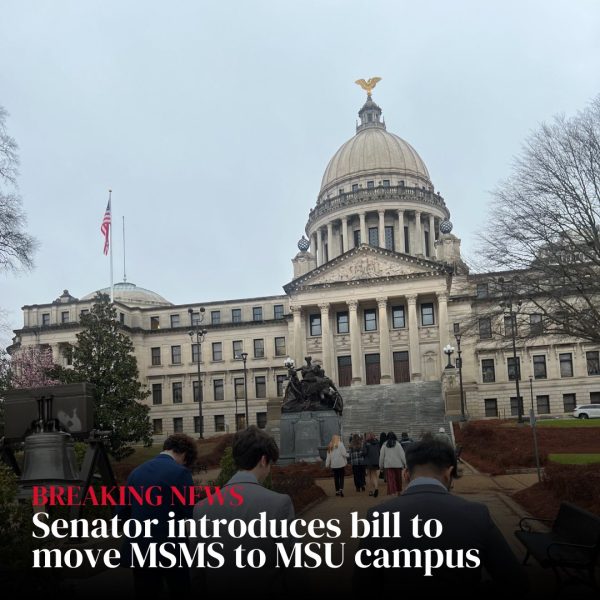Lewis: Starving Workers in a Capitalist Utopia

“There’s no way like the American Way!”
March 5, 2018
Recently, Amazon CEO Jeff Bezos’ net worth climbed to a record high of $90.6 billion, making him the richest person in the world. Bill Gates’ net worth follows closely behind, at a flat $90 billion. These two men are often praised as examples of true self-made men, and are considered as two of the greatest entrepreneurs of the modern age. What assessments like these leave out, however, is the mountain of workers and poor people they had to climb over to get to their vaulted golden thrones.
As of today, Amazon is the company that has the largest percentage of workers on food stamps. In the state of Ohio alone, over 10% of the company’s workforce is eligible for benefits under the SNAP program, commonly referred to as “food stamps.” What’s also interesting is that Amazon recently opened a retail store, titled Amazon Go. You may or may not be surprised to learn that Amazon Go conveniently does not accept food stamps or other types of non-cash government aid as forms of payment.
Bill Gates is world-famous for his founding of Microsoft in the 1970s; Microsoft, as everyone knows, continues to be a giant in the tech and computing industry today. In the early 2000s, Microsoft was sued by the American government under antitrust laws, as the government accused the corporate giant of being a monopoly. However, Microsoft unfortunately got off with hardly a slap on the wrist, as it was neither forced to break up nor alter its code pertaining to the Microsoft Office suite or Internet Explorer. In recent years, Microsoft’s track record on labor rights has come to light, as many former and current workers have accused it of being a “velvet sweatshop,” so called as it forces workers to stay and work for more hours than the legal limit.
Both of these corporate giants have many things in common, one of those being blatant disregard for its workers along with other extralegal manipulation of local laws. It’s a sad state of affairs that instead of being criticized for these actions, these corporations and their founders are being praised for being “true entrepreneurs” and “great innovators.” With all the profits these two make, one would think that they could afford to pay their workers better than $7.25 an hour.


















